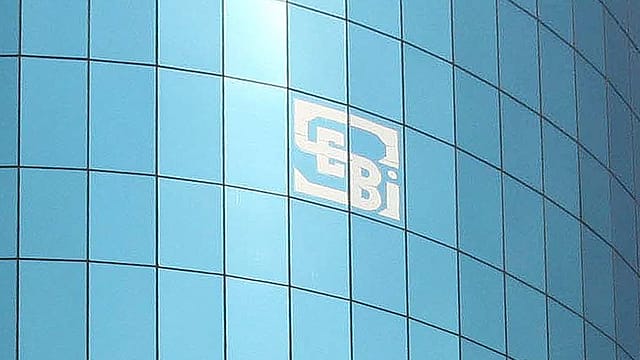SEBI issues new guidelines for AIFs, large-value, venture capital funds
ADVERTISEMENT

The Securities and Exchange Board of India (SEBI) has introduced new guidelines for Category I and II alternative investment funds (AIFs) that intend to borrow funds to meet their temporary shortfalls in funding and daily operational needs to promote ease of doing business and provide operational flexibility to the AIFs.
These AIFs can now borrow funds for up to 30 days and no more than four times a year, with a required 30-day gap between loans, the August 19 circular said.
“The amount borrowed shall not exceed 20% of the investment proposed to be made in the investee company, or 10% of the investable funds of the scheme of AIF, or the commitment pending to be drawn down from investors other than the investor(s) who has failed to provide the drawdown amount, whichever is lower,” the circular said.
The SEBI circular detailed the conditions under which an AIF can meet its borrowing requirement. Borrowing is permitted in emergencies, such as when an investment opportunity is imminent but required funds from investors have not been received. This borrowing must be disclosed in the fund's scheme documents and Private Placement Memorandum (PPM). Costs must be charged solely to the investors who delayed payments and cannot be used to extend drawdown timelines. Additionally, the AIF manager must periodically disclose details of the borrowing, including terms and repayment, to all investors.
January 2026
Netflix, which has been in India for a decade, has successfully struck a balance between high-class premium content and pricing that attracts a range of customers. Find out how the U.S. streaming giant evolved in India, plus an exclusive interview with CEO Ted Sarandos. Also read about the Best Investments for 2026, and how rising growth and easing inflation will come in handy for finance minister Nirmala Sitharaman as she prepares Budget 2026.
Category I AIFs focus on investments in startups, small and medium-sized enterprises, social ventures with positive impacts, and infrastructure projects such as railways and airports.
Category II AIFs encompass private equity funds, which provide capital to unlisted companies, and debt funds, which invest in the debt securities of these companies.
Previously, borrowing was restricted to temporary funding needs and operational expenses, limited to 30 days and up to four times a year.
Aside from specifying conditions for borrowing for the AIFS, the SEBI circular also specified that the Large Value Funds (LVFs) can now extend their tenure by up to five years with approval from two-thirds of unit holders. Changes in tenure require investor approval and a formal undertaking to SEBI. LVFs with unclear or extended tenures must align tenure extensions with these rules by November 18 and update quarterly reports.
In another circular released on Monday, SEBI outlined a process for Venture Capital Funds (VCFs) to transition to Alternative Investment Fund (AIF) rules, allowing management of unliquidated investments until July 19, 2025. VCFs will become sub-categories under Category I AIF and must submit their original registration certificate. Active schemes can continue under their original or extended tenure, while those with expired liquidation periods have until July 19, 2025, to resolve issues. Non-migrating VCFs will face stricter reporting or regulatory actions, with registration required to be surrendered by March 31, 2025, if schemes expire.
